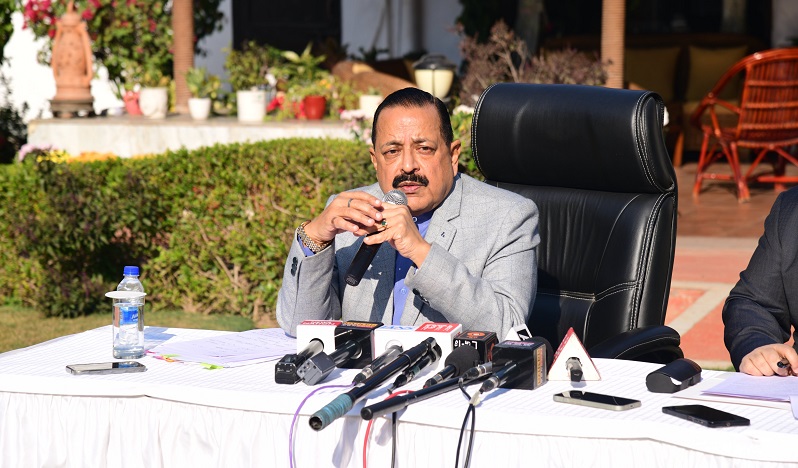
India is poised to make groundbreaking advances in space exploration with plans to establish its own space station, Bharat Antariksha Station, by 2035, and to send an Indian astronaut to the Moon by 2040. Union Minister of State for Science & Technology and Space, Jitendra Singh, announced these ambitious milestones during a press conference in Delhi.
Singh highlighted that India will be among a select few nations, after the United States and others, to have its own space station. He also shared updates on the Gaganyaan mission, which aims to send the first Indian astronaut into space by late 2024 or early 2026.
In addition to space exploration, India is pursuing deep-sea research under the Deep Sea Mission. The initiative plans to send a human 6,000 meters below the ocean’s surface to explore marine resources — an endeavor that aligns with the government’s focus on scientific innovation.
Singh noted India’s remarkable growth in satellite launches, with 432 foreign satellites launched from Sriharikota. Of these, 397 — nearly 90% — were launched over the past decade.
Discussing biotechnology advancements, Singh introduced the Biotechnology E3 policy, aimed at integrating biotech to boost economic growth, job creation, and environmental sustainability. He emphasized the role of biotechnology in driving a future industrial revolution, moving beyond the IT revolution.
Prime Minister Modi’s support for science and technology initiatives is evident, especially in his endorsement of the Deep Sea Mission during Independence Day speeches in 2022 and 2023.
These strides in space, biotechnology, and marine exploration reflect India’s goal of becoming a global leader in science and technology by 2047.










